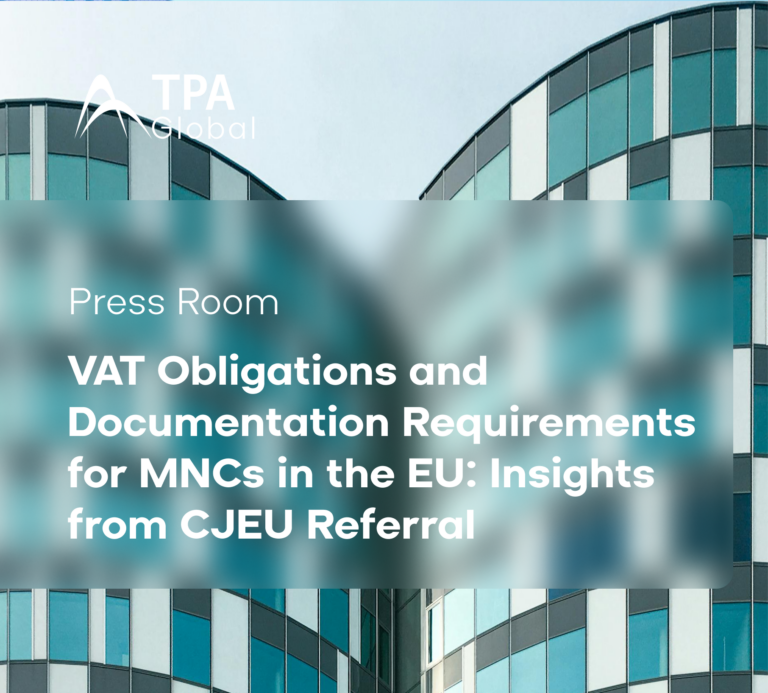In an innovative decision on 5 December 2023, the Court of Justice of the European Union (CJEU) overturned the General Court’s earlier judgment regarding the ENGIE State aid case. This ruling challenged the European Commission’s 2018 findings, which alleged that companies within the French energy giant ENGIE received illicit State aid from Luxembourg via various tax rulings. Notably, this CJEU verdict reiterates the constraints on the European Commission’s application of State aid rules, echoing the precedents set by the Fiat judgment in November 2022.
Background of the Case
The European Commission’s investigation revolved around two specific Luxembourg-based financial frameworks established by ENGIE. These tax rulings sanctioned the deduction of accrued charges linked to a convertible loan, lacking corresponding taxable income at the holder’s level. Furthermore, when the loan transitioned into shares, there was no taxation imposed at the holder’s level.
The European Commission’s primary contention was that this “deduction without inclusion” outcome contravened Luxembourg’s tax regulations, thereby conferring a selective advantage upon ENGIE:
Firstly, it argued that Luxembourg’s law didn’t allow the deduction of expenses if they generated corresponding exempt income for the recipient, leading to an unfair advantage for parent entities exempt from taxation upon conversion shares’ disposal.
Secondly, mirroring the first argument, the Commission sought to establish a selective advantage at the group level.
Lastly, it contended that Luxembourg should have invoked its general anti-abuse rule to reject the rulings and prevent the selective advantage.
The General Court initially upheld the European Commission’s decision, backing its reasoning.
The CJEU Ruling
However, the CJEU’s judgment overturned the General Court’s decision and annulled the European Commission’s ruling, refuting all lines of reasoning. The CJEU deemed the decision flawed in defining the reference framework—an initial step in assessing the existence of a selective advantage.
Regarding the misinterpretation of Luxembourg law, the CJEU rebuked the European Commission for not accurately evaluating the law’s actual wording and instead relying on a broad interpretation.
Concerning the abuse of law argument, the CJEU criticized the General Court and the Commission for disregarding the administrative practice of the Luxembourg tax authorities. The CJEU emphasized that this practice should have been the benchmark for assessing abuse, rather than an abstract reading of the general anti-abuse rule.
Impact and Future Developments
This CJEU judgment aligns with Advocate General Kokott’s prior non-binding opinion, reaffirming pivotal lessons from the Fiat judgment, extending beyond transfer pricing issues.
This development underscores the importance of a nuanced understanding of local tax laws and administrative practices. It sets a significant precedent for future State aid cases and emphasizes the critical role of accurately interpreting and applying national tax laws.
Stay updated for further developments, including the impending CJEU judgment on 14 December 2023 concerning the ongoing Amazon case.
This ruling has far-reaching implications for tax professionals, investors, and companies engaging in cross-border activities, emphasizing the necessity of a comprehensive grasp of local tax regulations and their application.
In conclusion, the CJEU’s decision in the ENGIE State aid case marks an important moment, redefining the boundaries of State aid rules in challenging tax rulings, and accentuating the importance of precision in interpreting national tax laws for tax professionals, investors, and businesses alike.
To keep updated on news, visit our Global News Page.
Don’t miss our most recent updates and articles; follow us on LinkedIn.



